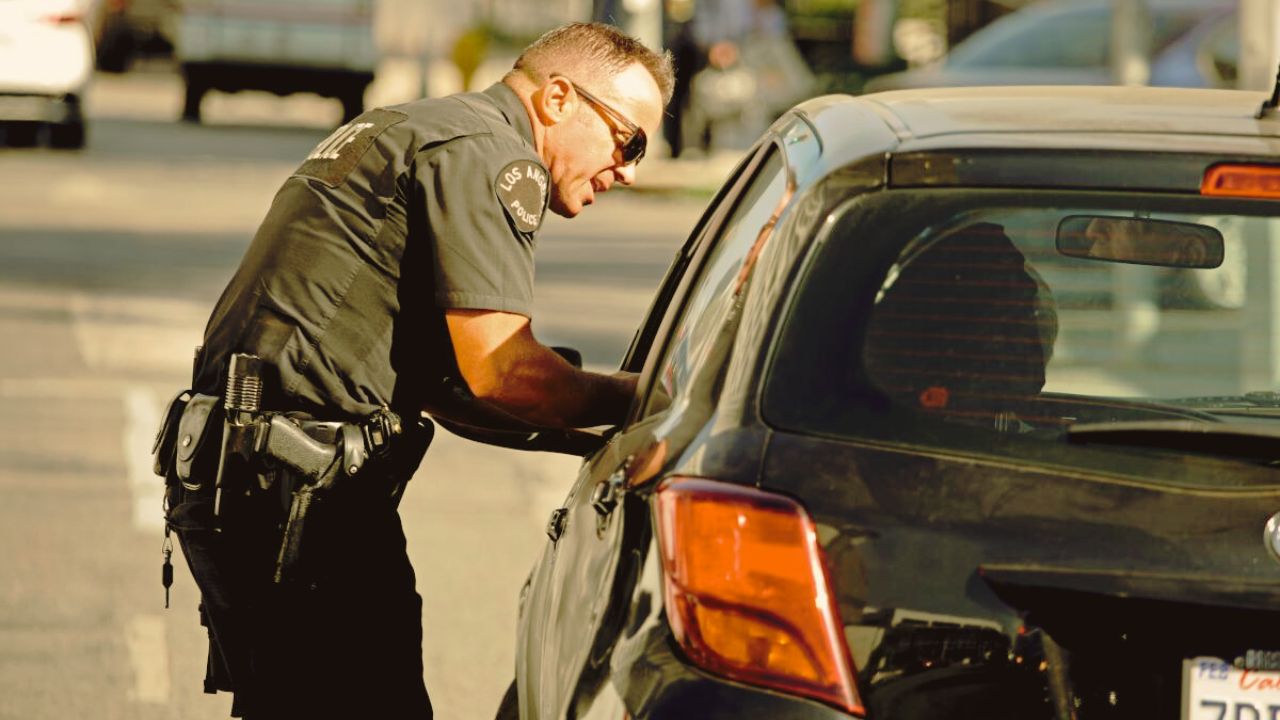Minneapolis, MN – If you’re pulled over in Minnesota, can law enforcement go through your phone? As digital privacy becomes more relevant with each passing year, knowing your rights during a traffic stop is essential. The answer, in most cases, is no—police cannot search your phone without a warrant, your permission, or very limited emergency exceptions.
Legal Protections Under the Constitution
Your phone contains vast amounts of private information—messages, photos, browsing history, and more. That’s why the Fourth Amendment to the U.S. Constitution and Minnesota’s own state laws strongly protect it from unreasonable searches.
This legal precedent was reinforced by the U.S. Supreme Court’s decision in Riley v. California (2014), which clearly established that law enforcement must obtain a search warrant to access digital content on a phone, even after an arrest.
According to the Huron Insider, this principle remains valid in Minnesota as of 2025. If you’re stopped for a traffic violation, officers may not access your device unless you voluntarily consent or they secure a judge’s warrant.
What If Police Ask to See Your Phone?
It’s common for officers to ask for your permission to search your device during stops. They may request to view messages, call logs, or app activity. However, you are not legally required to agree. In fact, you have every right to refuse. It’s advised that drivers calmly respond, “I do not consent to a search of my phone.”
Importantly, refusing consent is not a crime. Police cannot penalize you or assume guilt based on your refusal alone. And unless there is a legitimate reason to suspect a serious crime, this refusal does not give them probable cause to seize your phone or obtain a warrant.
What About Emergency Exceptions?
There are very narrow legal circumstances—called “exigent circumstances”—that could justify a warrantless search. For example, if officers believe your phone contains evidence of an immediate threat to life or suspect data may be destroyed imminently, they may act without a warrant. However, these exceptions are rarely applicable during routine traffic stops and are strictly scrutinized in court.
Minnesota’s Distracted Driving Law and Phone Privacy
Minnesota has strict laws banning handheld device use while driving. If an officer sees you texting or using your phone while behind the wheel, you may face a citation.
Still, police cannot force you to hand over or unlock your phone to prove texting without first obtaining a warrant or your permission.
Even in more serious scenarios—such as hit-and-run investigations—police must go through legal channels to gain access to phone content.
Read Also: Mississippi’s Natchez Under-the-Hill Named One of America’s Most Dangerous Tourist Spots
What Happens If Police Illegally Search Your Phone?
If your phone is searched without a warrant, consent, or valid emergency justification, any evidence obtained is likely inadmissible in court. This protection falls under the exclusionary rule, which prevents unlawfully collected evidence from being used against you.
If you believe your rights were violated, consult a criminal defense attorney. You may be able to file a motion to suppress evidence or even take legal action against the agency involved.
Know Your Rights and Stay Protected
In short: during a Minnesota traffic stop, your phone is off-limits to police unless you explicitly allow a search or they have a warrant. Stay calm, politely assert your rights, and never unlock or hand over your device unless legally compelled.
Do you think digital privacy laws go far enough? Share your thoughts below and explore more legal guides at ibwhsmag.com.


 by
by 

